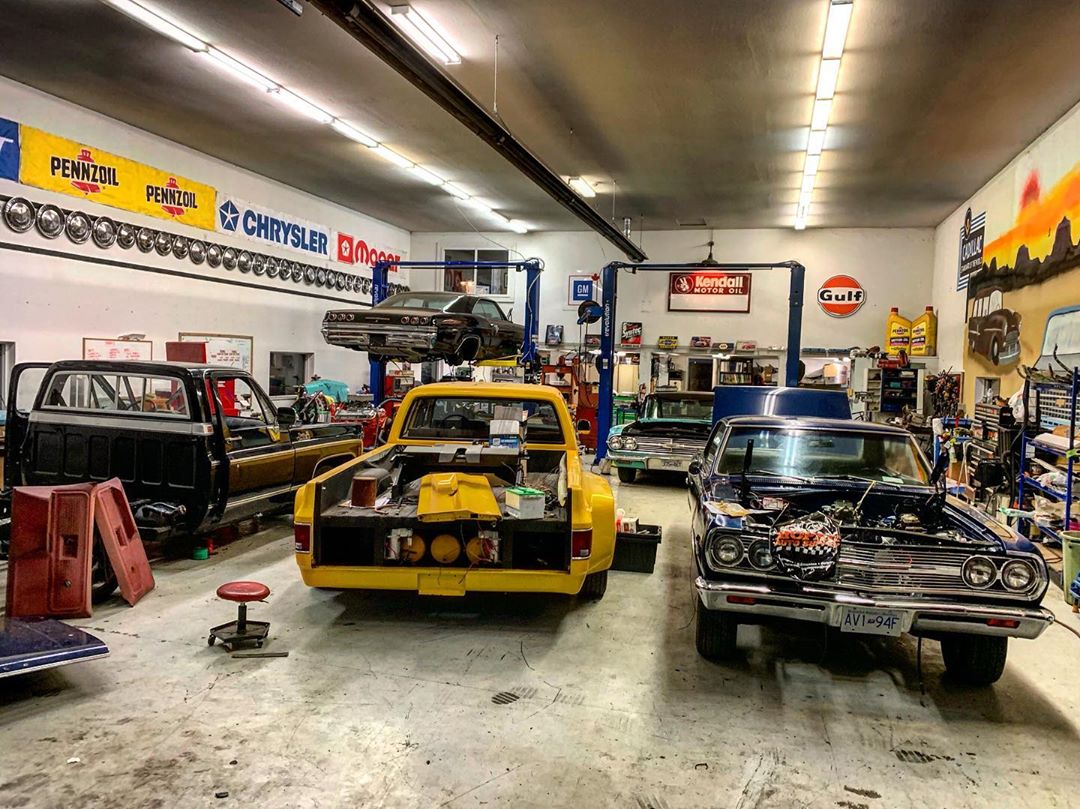All Categories
Featured
Your lorry's brakes are just one of one of the most crucial parts in ensuring your safety and the security of others when traveling. Regular brake inspections are crucial to preserving optimum braking performance and preventing costly repair work. Whether you're an experienced cars and truck proprietor or a new chauffeur, understanding brake evaluation guidelines can assist you stay aggressive about maintenance and guarantee your automobile is constantly roadworthy.
- Why Brake Inspections Issue. The even more you drive, the much more friction your brake pads sustain, eventually leading to lowered braking effectiveness. Without appropriate assessment, it's tough to determine when your brakes might be in requirement of repair work.
A well-maintained brake system makes certain quick, receptive stopping power, specifically in emergency situations. It likewise aids prolong the life of your lorry, as disregarding brake upkeep can cause more serious, costly issues later on.
- Indications You Required a Brake Assessment. While it's important to have your brakes examined periodically, particular indications may indicate that they require focus. Watch (and ear) out for these caution signals:
Squealing or Grinding Sounds: Unusual audios, particularly a shrill squeal or grinding noise, commonly imply that your brake pads are used down. Vibration or Pulsation: If you really feel resonances or a pulsing sensation when pressing the brake pedal, maybe an indicator of distorted rotors or uneven brake pad wear. Decreased Brake Responsiveness: If your brakes feel less responsive or you have to press the pedal harder to reduce, it might show air in the brake lines or low brake fluid. Drawing away: If your lorry draws to one side when stopping, it can indicate unequal brake pad wear or a brake fluid leakage. Control Panel Warning Lights: Some autos have brake-related caution lights that indicate concerns like low brake fluid or used brake components. If you discover any one of these signs, it's critical to have a specialist mechanic execute a brake assessment immediately.

- What Occurs During a Brake Examination? During a brake inspection, a mechanic will inspect several crucial elements of the stopping system to guarantee everything remains in working order. Here's what you can anticipate throughout the procedure:
Brake Pads and Shoes: The mechanic will certainly check the density of the brake pads or shoes. If they're also thin, they'll need to be changed. Brake Rotors: Blades are the discs that the brake pads press versus to reduce your automobile down. They'll be checked for any type of indications of wear, racking up, or warping. Brake Liquid: Low or polluted brake fluid can harm stopping performance. The specialist will check the fluid level and high quality and leading it up or flush it if essential. Brake Lines and Tubes: Brake lines carry liquid from the master cylinder to the brakes. The auto mechanic will check for any kind of leaks, fractures, or damage to ensure appropriate fluid flow. Brake Calipers and Wheel Cyndrical Tubes: Calipers and wheel cylinders push the brake pads against the rotors or drums. The service technician will certainly look for wear, leakages, and appropriate procedure. 4. How Commonly Should You Have Your Brakes Examined? The regularity of brake inspections depends on elements like your driving practices, the type of lorry you drive, and the environment in which you drive. As a general policy, it's a good concept to have your brakes examined every 12,000 miles or annually. However, if you experience any one of the indication discussed earlier, it is necessary to obtain your brakes examined promptly.
For those who often drive in heavy traffic, hilly terrain, or severe weather problems, even more frequent inspections might be necessary.
- Relevance of Timely Brake Fixes. When you detect an issue with your brakes, it's vital to resolve it right away. Delaying brake repair work can cause even more substantial damage to your braking system, leading to higher fixing costs. In extreme situations, neglecting brake problems can lead to complete brake failing, which is a significant safety and security risk.
By remaining on top of brake maintenance and dealing with issues immediately, you make certain that your brakes proceed to carry out as planned, keeping you and your travelers risk-free on the road.
Conclusion: Maintain Your Brakes in Top Forming. Brake assessments are a basic yet important part of car maintenance. By understanding the value of normal evaluations, understanding the indicators of brake problems, and staying aggressive with repair services, you can guarantee your car's stopping system stays in ideal condition.
Latest Posts
Explore Montclare Auto Repair’s Premier Car Care Solutions and Why Drivers Choose Them
Explore Best Auto Repair Care in Chicago – Drive with Confidence
Reputable Industrial Roofing Services by Weathercraft
More
Latest Posts
Explore Montclare Auto Repair’s Premier Car Care Solutions and Why Drivers Choose Them
Explore Best Auto Repair Care in Chicago – Drive with Confidence
Reputable Industrial Roofing Services by Weathercraft
